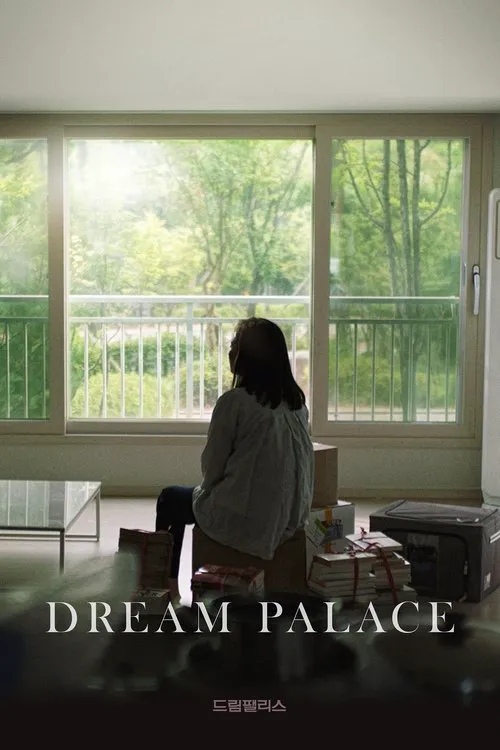Dream Palace

Trama
In the midst of South Korea's fast-paced and rapidly changing urban landscape, Hyejung, a young widow, navigates the complexities of a system designed to prioritize profit over people. Her husband's untimely demise in an industrial accident leaves her with a sizeable settlement, which she uses to purchase a luxurious apartment in the newly constructed Dream Palace complex. This seemingly idealistic decision serves as a beacon of hope for a more prosperous future, however, it quickly evolves into a tale of deception and exploitation. As Hyejung begins to familiarize herself with her newly acquired abode, she discovers a series of concerning issues that raise suspicions about the true condition of the apartment. The residents, though not privy to Hyejung's background, are equally dismayed by the defects and inadequacies of their homes. It becomes apparent that Dream Palace is a speculative real estate project designed to take advantage of the housing market's escalating prices. The apartments are, in reality, unsold, and the developers are employing an arsenal of tactics to maintain the illusion of a thriving community. Hyejung's attempts to raise awareness about the apartment's inherent flaws are met with resistance from the residents, who fear that exposing the truth will tank the housing market and depreciate their own investments. The group's reluctance to confront the reality of their situation stems from a combination of factors: the emotional investment in their home, the loss of their savings, and the fear of being seen as complicit in the developers' scheme. Despite her efforts, Hyejung finds herself isolated and outnumbered, as the residents choose silence over solidarity. As tensions rise, Hyejung begins to confront the harsh realities of her circumstances. The labor protest that she once participated in, driven by a sense of idealism and purpose, is now a distant memory, replaced by the harsh realities of everyday life. The Dream Palace complex serves as a poignant reminder of the compromise she had made with reality, allowing her to survive in a world that often prioritizes progress over people. In this sense, her decision to speak out and fight for her rights becomes an act of resistance against the system that has wronged her. The parallels between Hyejung's personal struggles and the broader social commentary on South Korea's housing market are undeniable. The film serves as a powerful critique of a system that prioritizes profit over people, where those who are most vulnerable are often left to bear the brunt of the consequences. As Hyejung's fight for justice gains momentum, she becomes a symbol of hope for those who have been similarly exploited and silenced. Through Hyejung's transformation from a passive victim to an empowered advocate, the film paints a nuanced portrait of a community torn between the desire for security and the need for truth. As the residents of Dream Palace begin to find their voices and join Hyejung's cause, the film highlights the resilience and strength of individuals in the face of overwhelming adversity. Ultimately, the narrative of Dream Palace becomes a powerful testament to the human spirit's capacity for resistance and transformation. Hyejung's unwavering dedication to her cause serves as a beacon of hope for those who have been silenced, and her story serves as a poignant reminder of the importance of standing up for one's rights, even in the face of overwhelming opposition.
Recensioni
Raccomandazioni




